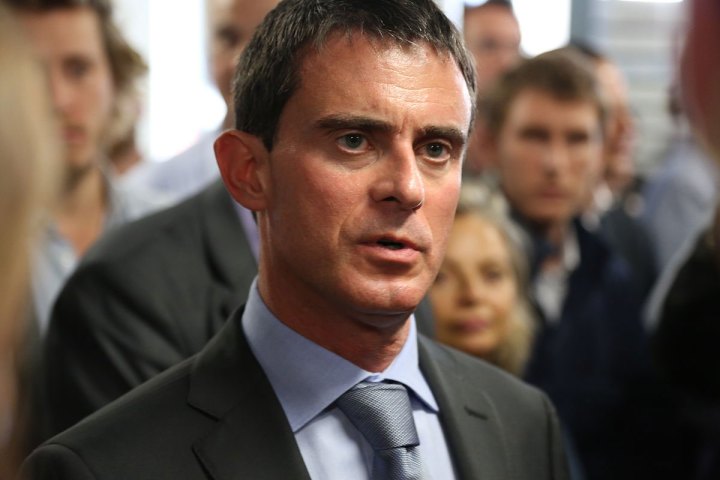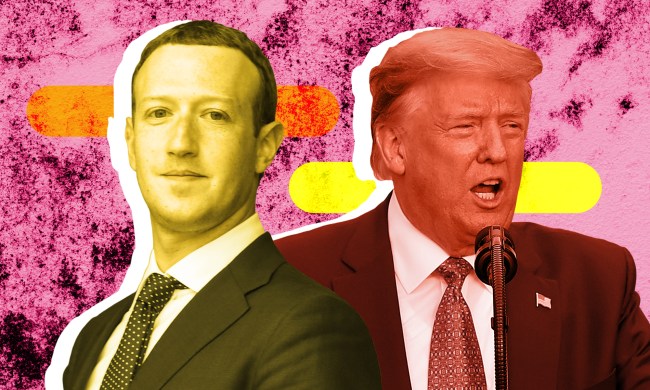
France, which has of course been a direct victim of terrorism, is now discussing counter-strategy measures directly with Facebook and Twitter, reports The Verge. French Prime Minister Manuel Valls and Deputy Prime Minister for Digital Affairs Axelle Lemaire met with representatives from a number of Web giants — including Google, Apple, and Microsoft, as well as and the aforementioned social networks — to discuss plans to implement an online counter-discourse to combat terrorist propaganda. Although details concerning the discussion have been kept under wraps, it was revealed that a follow-up meeting is planned for January.
What we do know, courtesy of a press release from Prime Minister Valls, is that the French government and the five companies agreed to outline and apply “an offensive strategy of counter-discourse that will specifically target the online activities” of ISIS.
France, like many other Western nations, has bolstered its efforts against ISIS following a number of coordinated, deadly attacks on Paris which have left 129 people dead and 300 injured. During the meeting, Vallis and Lemaire praised Facebook’s Safety Check tool, which allowed users to report being safe on the night of the attacks in the French capital.
Alongside airstrikes in Syria, the U.S. and France are also seeking ways to stamp out the terrorist group’s online activity. It is thought that ISIS’ online propaganda is one of its foremost tools in radicalizing and recruiting Westerners. The French government is urging Web companies to develop counter-methods that will allow users to engage in the battle against extremist propaganda. The extent of these proposals remains unclear, however.
In the past, both France and the U.S. have launched online campaigns to combat radicalization. Following attacks on the French satirical magazine Charlie Hebdo, a “Stop Jihadism” initiative was launched online in France. Meanwhile, the U.S. State Department created an anti-ISIS propaganda video in September.


